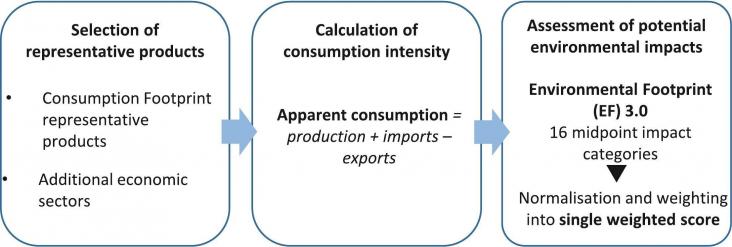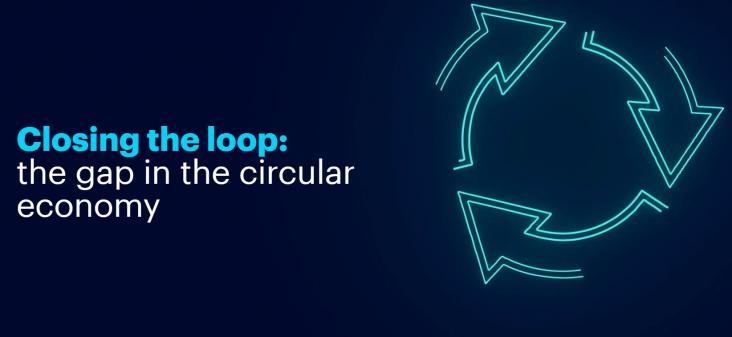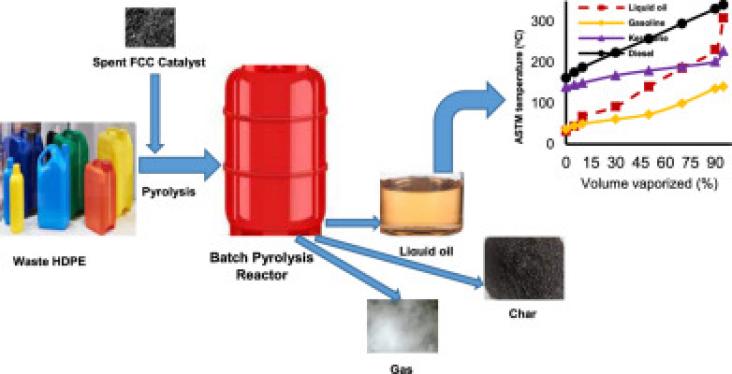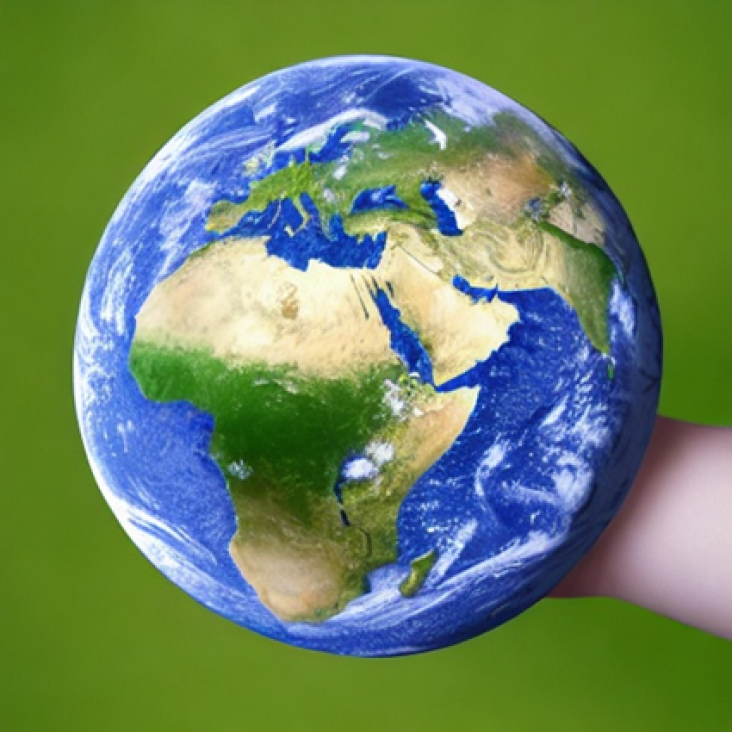This study shows that agricultural water consumption tends to use internal water resources at a maximum level for export and national use, significantly impacting renewable and non-renewable water resource availability, especially in groundwater.
This study aims to identify the factors that constrain and enable the sustainability of reusable packaging systems, considering environmental, economic, social and technical dimensions. This research is critical to the effective implementation and scale-up of reusable packaging systems.

This paper explores the potential implementation of the Consumption Footprint rationale to define a footprint indicator for the EU Bioeconomy, henceforth ‘Bioeconomy Footprint’. This indicator can be a powerful tool for a comprehensive and effective monitoring of the bioeconomy sectors: to capture environmental impacts over time, identifying environmental hotspots, highlighting geographic and sectorial trade-offs, and identifying burden shifts among impact categories and along the supply chain.
Results from this study contribute to define a complete set of environmental and social data and information, which can help European decision makers to define new criteria for sustainable management of the waste plastics of interest. A new methodological approach has been proposed: it appears able to be applied in future research projects involving innovative management options.

This article is an in-depth analysis of the challenges and solutions for the circular economy. This article relates to SDG 12, Responsible Consumption and production.
This review artcile, with contributionsform allover the world, describes various approaches to convert plastic wastes into new products known as an efficient way to manage them and to enhance the sustainability of the environment.

The article describes how to turn waste plastics into high-quality liquid oils by thermal and catalytic pyrolysis.
This paper sought to explore similarities, variations and determinants of sustainable plastics consumption behavior within a sample of approximately 7600 respondents from eight European countries. We find that most consumers engage in sustainable plastics behavior during the usage phase, by reusing plastic containers and refilling water bottles. The regression analysis suggests that personal responsibility, having high values for nature, being a member of a nature organization and feeling knowledgeable about plastic pollution are important predictors of sustainable plastics consumption.

Earth Day is celebrated every year on April 22nd, and it is a global event aimed at raising awareness and promoting action towards environmental protection. It was first celebrated in 1970, and since then, it has become one of the largest civic events in the world, with over one billion people participating in activities such as clean-up campaigns, tree-planting initiatives, and educational programs. The theme for 2023 is Invest in Our Planet, a campaign that will focus on engaging governments, institutions, businesses and individuals in the fight against the climate crisis.
This Article supports SDGs 7, 11, and 8 by presenting an alternative means of agricultural transport utilizing solar-powered farm rickshaws versus the traditional fossil fuel vehicles.
